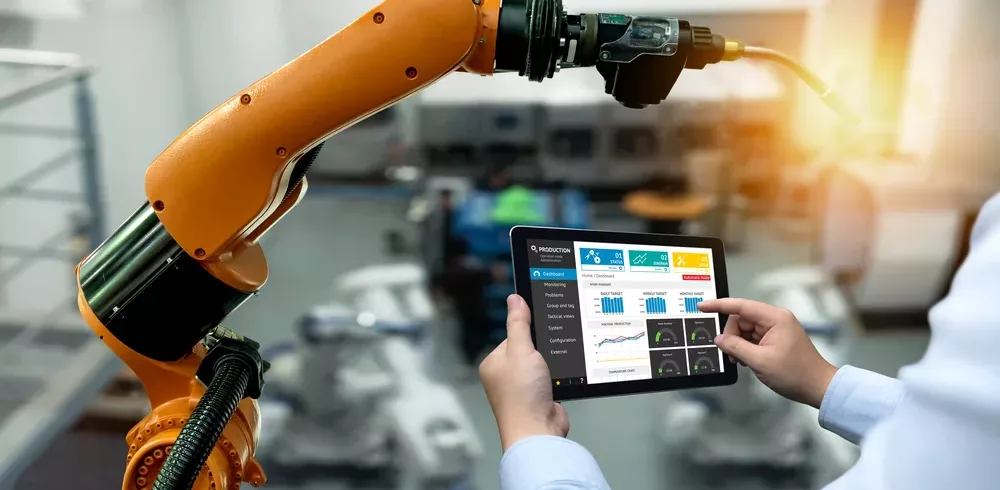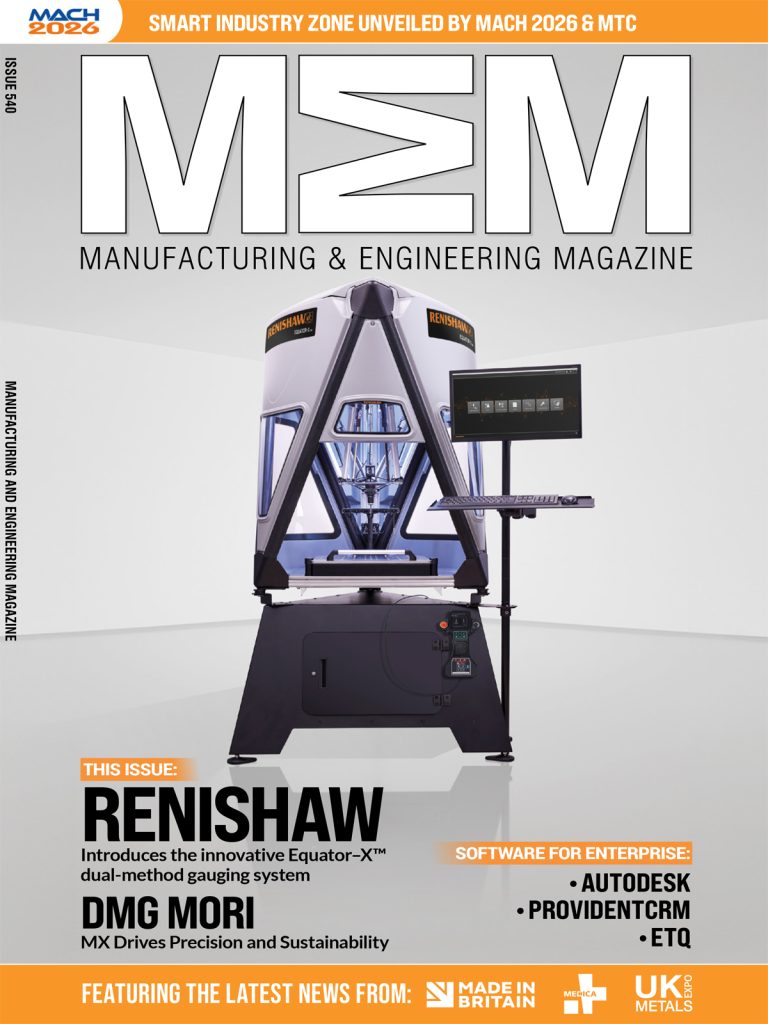Industry 4.0 and Smart Manufacturing: The Future of Production : In the not-so-distant past, manufacturing floors were bustling hives of activity where human labor was at the forefront of production. Today, we stand on the cusp of a revolution in manufacturing, known as Industry 4.0, that promises to transform the way we create products. At the heart of this transformation lies the concept of Smart Manufacturing, an innovative approach that integrates cutting-edge technology into every facet of the production process.
What is Industry 4.0?
Industry 4.0, often referred to as the Fourth Industrial Revolution, represents a convergence of digital, physical, and biological systems within the manufacturing sphere. It harnesses the power of technologies such as the Internet of Things (IoT), artificial intelligence (AI), big data analytics, and automation to create a highly interconnected and intelligent production environment. The goal is to boost efficiency, reduce waste, and enhance product quality, all while adapting to changing market demands with unprecedented agility.
The Pillars of Smart Manufacturing
Smart Manufacturing, a key component of Industry 4.0, encompasses several crucial pillars:
- IoT Integration: Sensors and devices are embedded into machines and equipment, allowing them to collect and transmit data in real-time. This data forms the basis for informed decision-making.
- Data Analytics: Big data analytics and machine learning algorithms process the vast amount of data generated by IoT devices. This helps in identifying trends, predicting maintenance needs, and optimizing processes.
- Automation and Robotics: Autonomous robots and collaborative robots (cobots) work alongside human operators, performing repetitive tasks and handling heavy lifting, which increases productivity and reduces the risk of accidents.
- Digital Twin Technology: Digital twins are virtual replicas of physical assets. They enable engineers to simulate and test designs before they’re physically built, reducing development time and costs.
Benefits of Smart Manufacturing
The advantages of embracing Industry 4.0 and Smart Manufacturing are multifaceted. Manufacturers can expect:
- Enhanced Efficiency: Real-time data analysis optimizes operations, reducing downtime and minimizing production bottlenecks.
- Improved Quality: Predictive maintenance and process optimization result in higher product quality and fewer defects.
- Sustainability: Reduced resource consumption and waste lead to more sustainable production practices.
- Competitive Advantage: Companies that adopt Smart Manufacturing gain a competitive edge by being more agile and responsive to market changes.
The journey towards Industry 4.0 and Smart Manufacturing is not without challenges, including cybersecurity concerns and workforce training needs. However, the rewards are substantial, promising a future where manufacturing is more efficient, sustainable, and adaptable than ever before. As we continue down this path of innovation, the possibilities for the manufacturing industry are limitless.
Manufacturing & Engineering Magazine | The Home of Manufacturing Industry News













